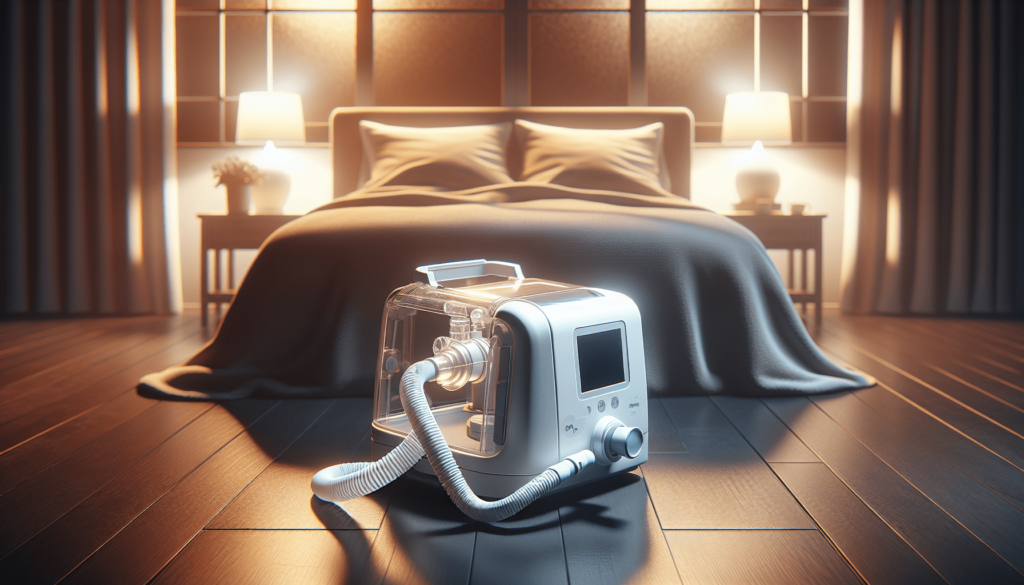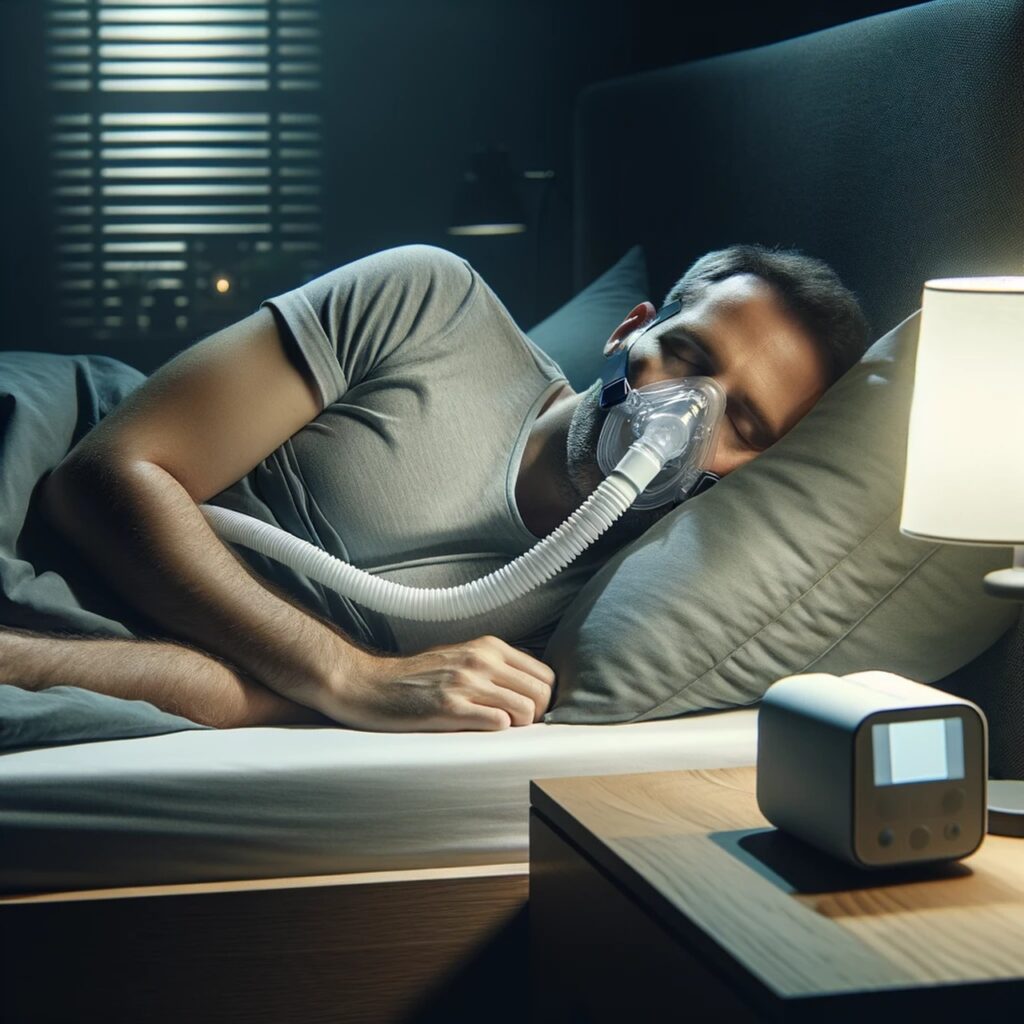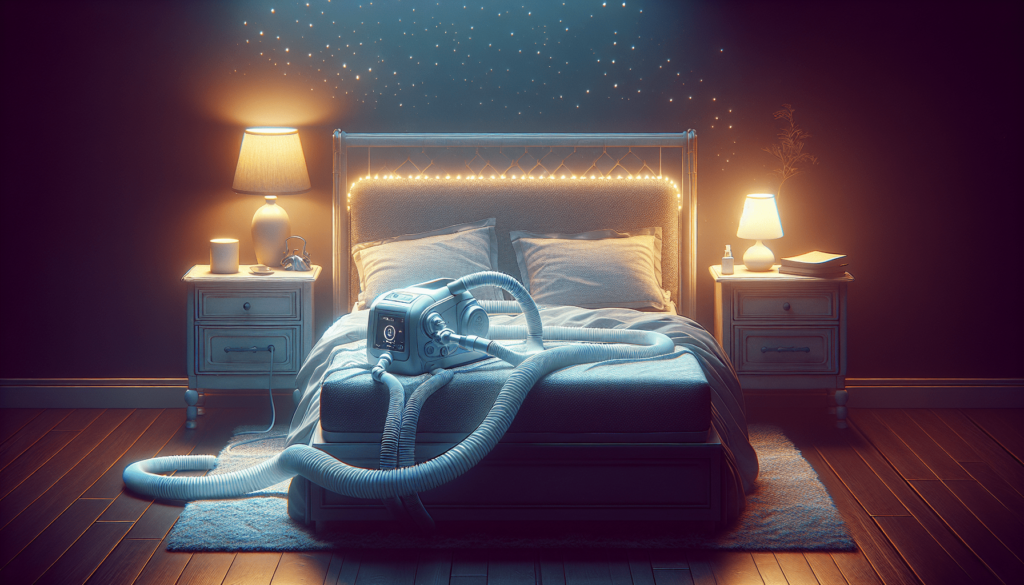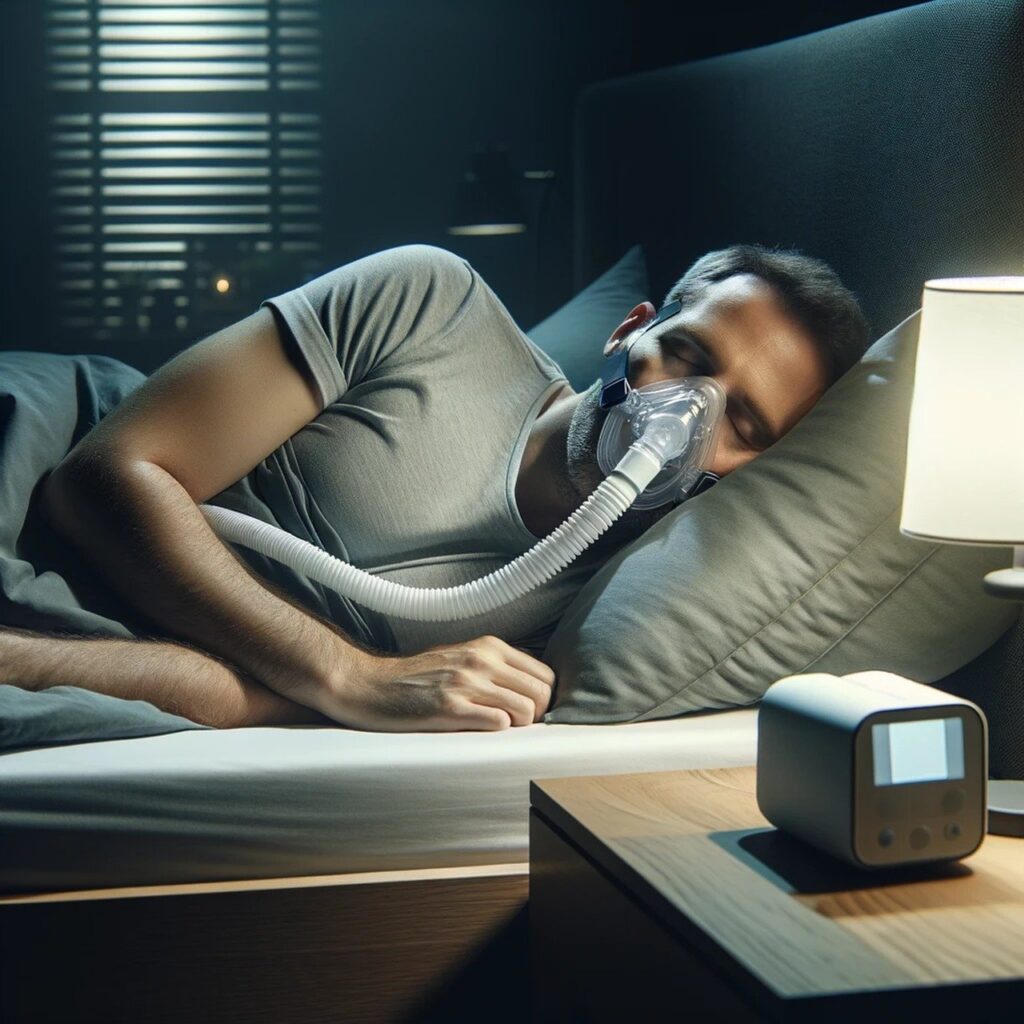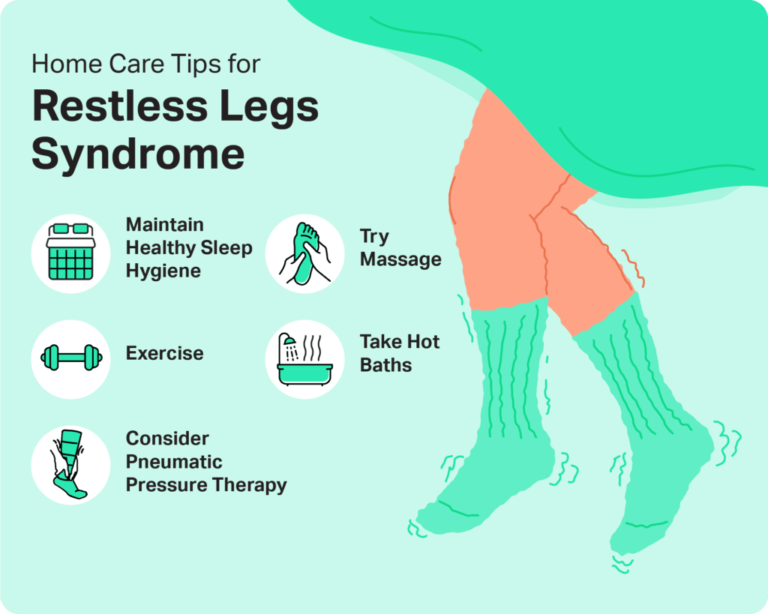Understanding Sleep Apnea: A Guide to Diagnosis and Treatment
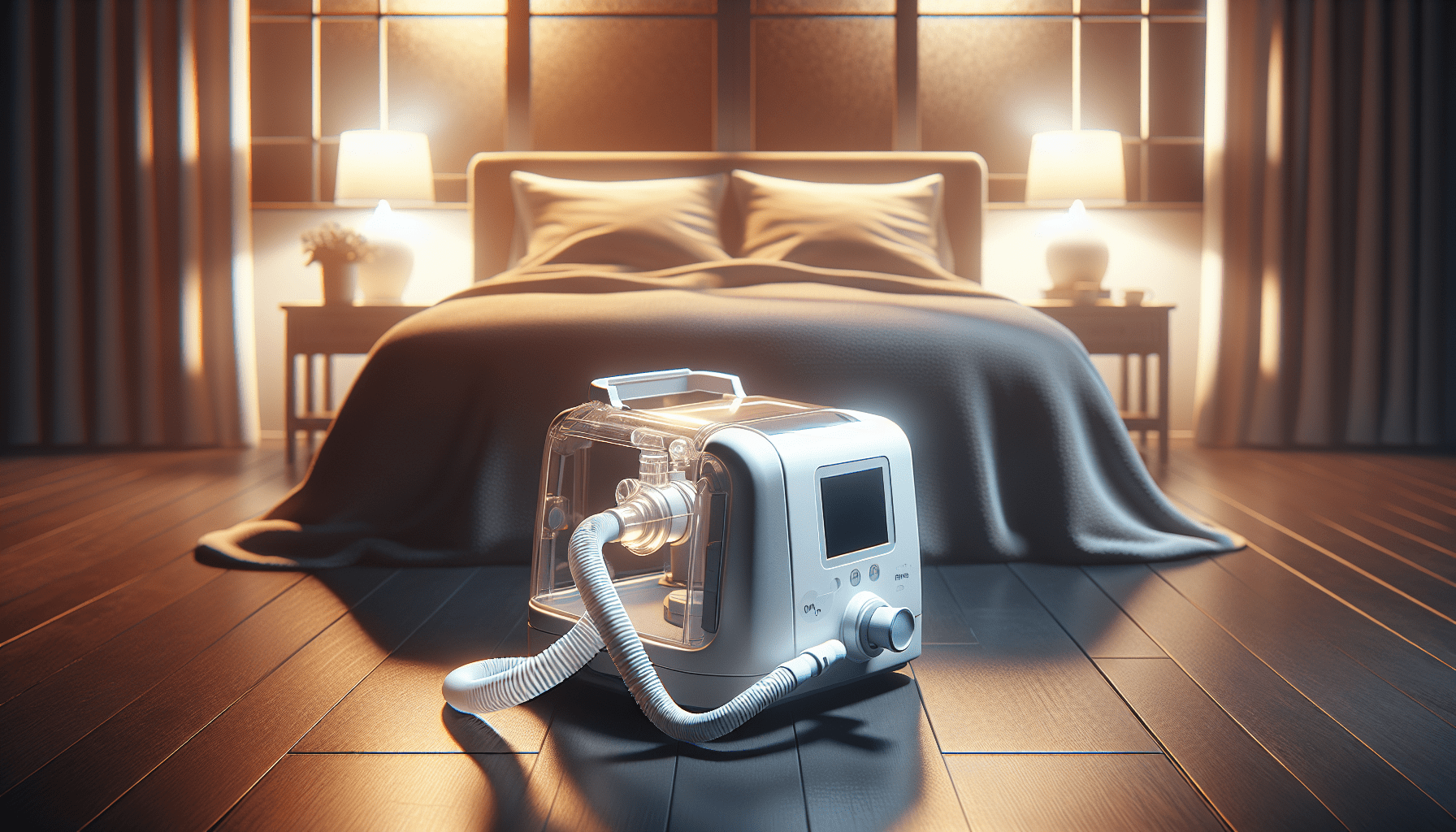
Understanding Sleep Apnea: A Guide to Diagnosis and Treatment offers valuable insights into the world of sleep disorders and the importance of seeking proper diagnosis and treatment. In today’s fast-paced life, more and more people are experiencing sleep disorders, such as insomnia and sleep apnea, which can have serious consequences on our health and well-being. Vector Sleep Clinic, a trustworthy and licensed establishment, aims to address these issues and provide comprehensive care for restful sleep. By completing a sleep study, individuals can uncover underlying problems and receive the necessary treatment to avoid potential risks such as heart attacks, strokes, high blood pressure, and even car accidents. With their reliable and comprehensive approach, Vector Sleep Clinic is dedicated to helping individuals achieve rejuvenating and uninterrupted sleep.
Sleep Disorders: Understanding the Problem
We understand that the fast-paced nature of today’s life often leads to sleep disorders, which can have a negative impact on both our health and productivity. Common sleep disorders include insomnia, sleep apnea, and others that heighten the risk of serious health issues, such as obstructive sleep apnea, restless leg syndrome, and hypopnea. It’s important to recognize the signs and symptoms of these disorders and seek help when needed.
Why Should You Consider Completing a Sleep Study?
If you suspect that you are experiencing a sleep disorder, completing a sleep study can provide valuable insights and help guide appropriate treatment options. Sleep studies are designed to monitor your sleep patterns, breathing, heart rate, and brain activity throughout the night. By undergoing a sleep study, you can receive an accurate diagnosis and gain a better understanding of the underlying causes of your sleep issues.
Potential Consequences of Untreated Sleep Disorders
Untreated sleep disorders can have serious consequences on your overall health and well-being. It’s crucial to address these issues before they lead to further complications. Here are a few potential consequences of untreated sleep disorders:
Heart Attacks
Sleep disorders, particularly sleep apnea, have been linked to an increased risk of heart attacks. When your breathing is repeatedly interrupted during sleep, it can put extra strain on your cardiovascular system, increasing the likelihood of heart problems.
Strokes
Similarly, untreated sleep disorders can also increase the risk of strokes. The interrupted breathing and oxygen deprivation associated with certain sleep disorders can contribute to the development of blood clots and other cardiovascular issues that can lead to strokes.
High Blood Pressure
Sleep disorders can significantly elevate blood pressure levels, which can have detrimental effects on your overall health. High blood pressure increases the risk of heart disease, stroke, and other serious health complications.
Car Accidents
Drowsiness and fatigue caused by sleep disorders can impair your ability to drive safely. Falling asleep at the wheel or experiencing microsleep episodes can result in devastating car accidents, not only endangering your own life but also the lives of others on the road.
Problems at Home or Work
Sleep disorders can have a significant impact on your daily life. Fatigue, irritability, and difficulty concentrating may affect your performance at work, strain your relationships, and diminish your overall quality of life.
Sexual Dysfunction
Untreated sleep disorders can also contribute to sexual dysfunction, such as erectile dysfunction or a decreased libido. The impact of sleep disorders on hormone levels and overall well-being can interfere with intimate relationships and cause further distress.
Obesity
Sleep disorders have been associated with an increased risk of obesity. The disruption of the body’s natural sleep patterns can affect hormone regulation, appetite control, and metabolism, potentially leading to weight gain and difficulties in weight management.
Our Solution: Comprehensive Care for Restful Sleep
Here at Vector Sleep Clinic, we offer a comprehensive approach to diagnosing and treating a variety of sleep disorders. Our team of licensed and insured professionals is dedicated to providing reliable and trustworthy care to help you achieve restful sleep and improve your overall well-being.
This image is property of pixabay.com.
The Importance of Diagnosis
Accurate diagnosis is the first step towards finding effective solutions for sleep disorders. Without a proper diagnosis, it can be challenging to address the underlying causes of your sleep issues and provide appropriate treatment. Through a combination of medical history assessment, physical examinations, and diagnostic tests, our sleep specialists can determine the specific sleep disorder you may be facing.
Understanding Sleep Apnea
One of the most common and significant sleep disorders is sleep apnea. Sleep apnea is characterized by repetitive pauses in breathing during sleep, often caused by a partial or complete collapse of the airway. This interruption of normal breathing can occur multiple times throughout the night, leading to fragmented and insufficient sleep.
Detecting Sleep Apnea
If you suspect you may have sleep apnea, it’s essential to seek a diagnosis to confirm your condition. Sleep apnea can go undetected for years, but its impact on your health can be significant. Common symptoms of sleep apnea include loud snoring, gasping for air during sleep, excessive daytime sleepiness, and morning headaches. If you experience any of these symptoms, it’s crucial to consult a sleep specialist who can perform the necessary tests for an accurate diagnosis.
Diagnostic Tools and Methods
Sleep studies, also known as polysomnography, are the primary diagnostic method for sleep disorders like sleep apnea. These studies are conducted in a sleep clinic or home environment, using specialized equipment to monitor various aspects of your sleep. This includes recording brain waves, eye movements, heart rate, breathing patterns, and oxygen levels. By analyzing the data collected during a sleep study, our sleep specialists can accurately diagnose sleep apnea and develop a personalized treatment plan.
This image is property of pixabay.com.
Treatment Options
Treatment options for sleep apnea may vary depending on the severity of your condition and individual circumstances. They can include:
- Continuous Positive Airway Pressure (CPAP) therapy: The most common treatment for sleep apnea, CPAP involves wearing a mask that delivers a steady flow of air pressure to keep the airway open during sleep.
- Oral appliances: These devices are designed to reposition the jaw and tongue to help keep the airway open.
- Lifestyle changes: Modifying lifestyle factors such as weight loss, regular exercise, and avoiding alcohol and sedatives can be beneficial in managing sleep apnea.
- Surgery: In some cases, surgical interventions may be recommended to treat structural issues that contribute to sleep apnea.
Conclusion
Sleep disorders can have a significant impact on our well-being and overall quality of life. Recognizing the signs and seeking appropriate diagnosis and treatment is crucial for maintaining optimal health. At Vector Sleep Clinic, we offer comprehensive care for sleep disorders, ensuring that you receive the necessary support and guidance to achieve restful sleep. Don’t let sleep disorders hinder your quality of life any longer – reach out to our dedicated team and unlock the power of uninterrupted sleep today.
This image is property of pixabay.com.

